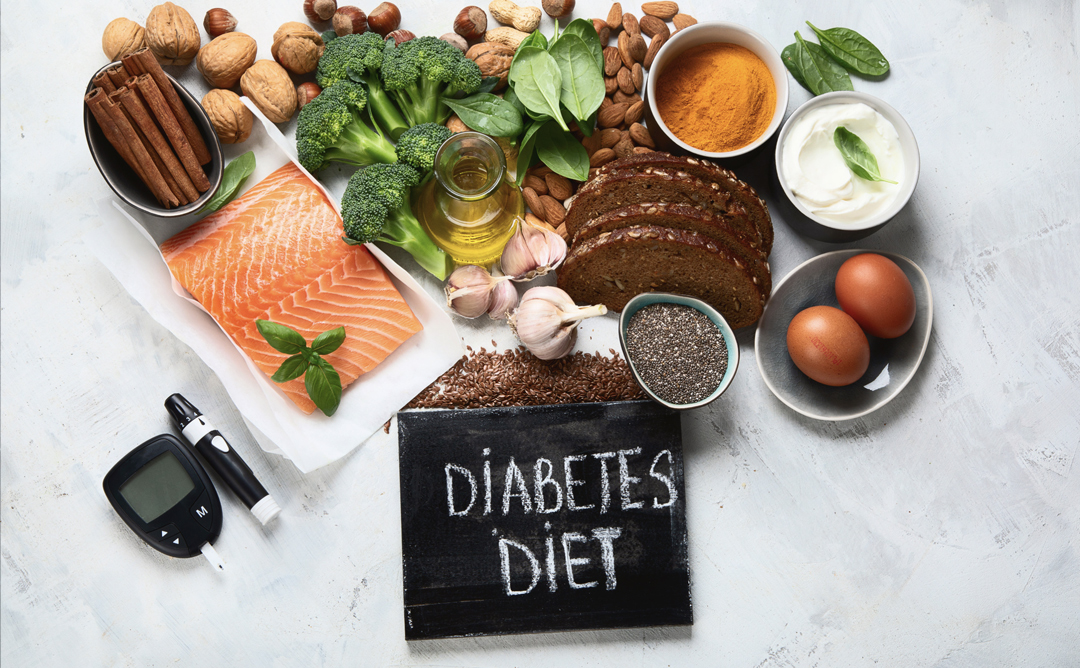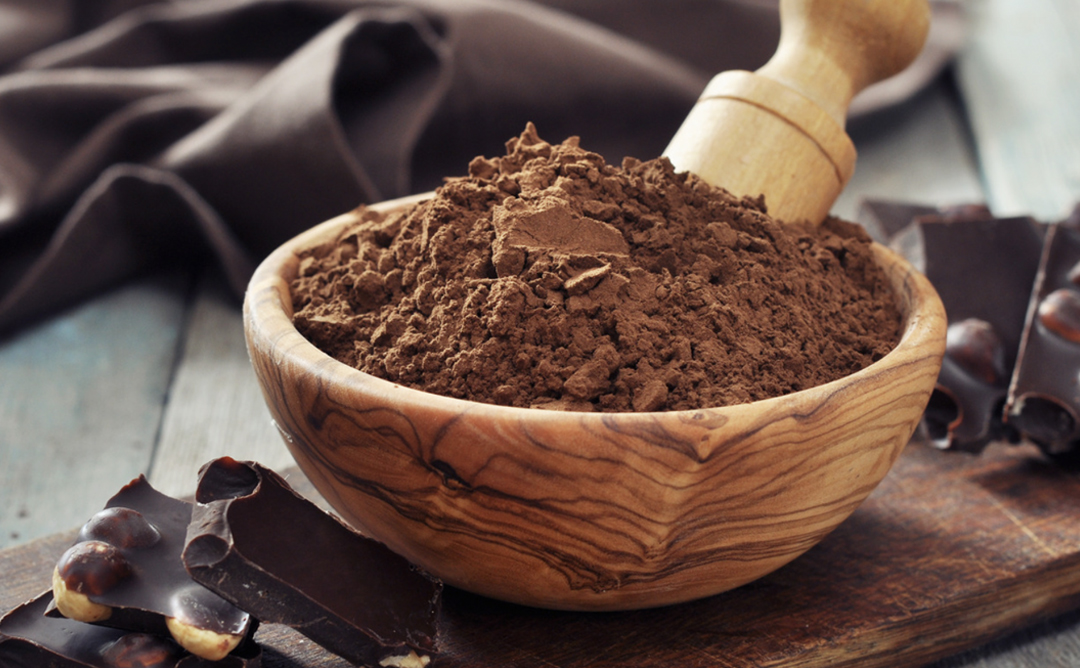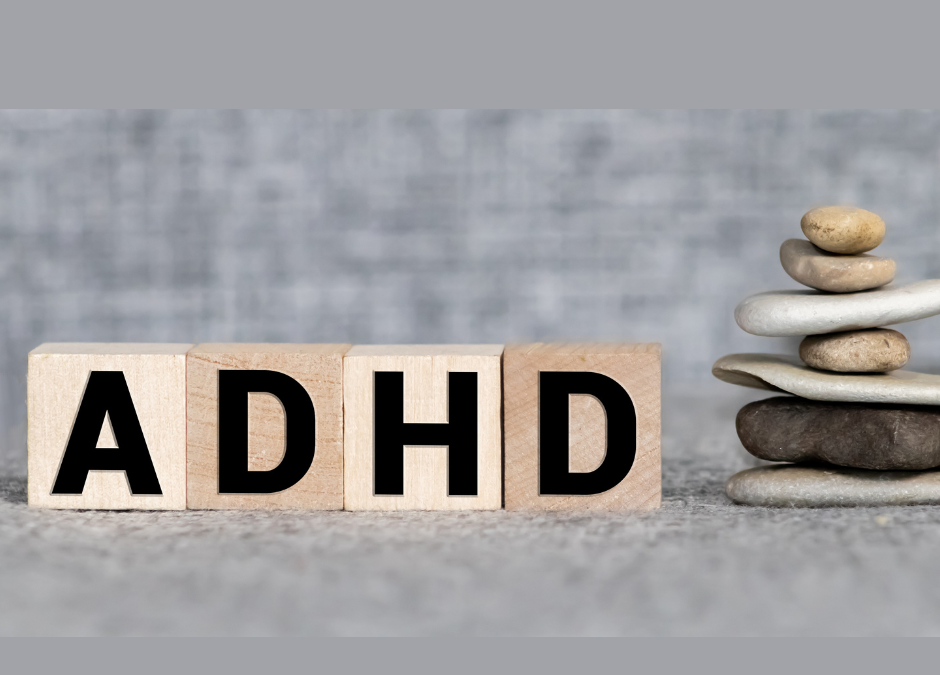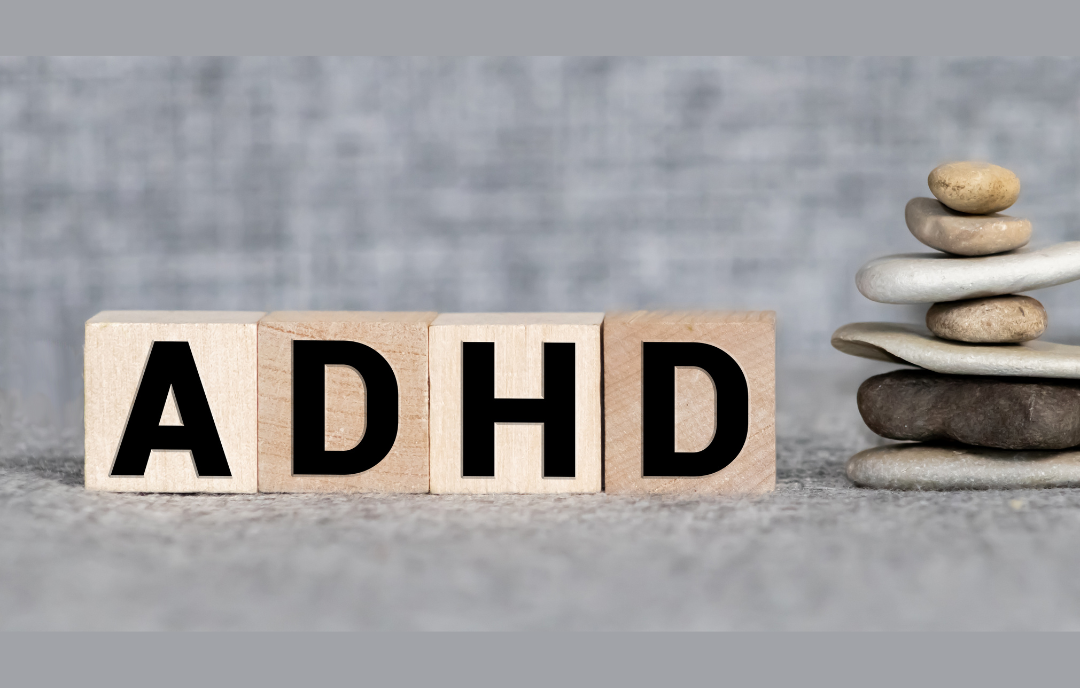
Nurturing Diabetes Health: A Holistic Approach

Nurturing Diabetes Health: A Holistic Approach to Natural Healing
In the realm of natural healing, embracing holistic approaches to managing diabetes is not just a choice; it’s a lifestyle. Diabetes, a chronic condition affecting millions globally, requires more than just conventional treatments. Nature, with its bountiful remedies, offers a path toward not just managing the symptoms but nurturing overall diabetes health. In this blog, we’ll explore the holistic methods that harness the power of nature to promote diabetes wellness naturally. After being diagnosed with Type II diabetes in Fall 2022, I personally have used these techniques to reverse the diagnosis by Spring 2023! Even if you’ve had Type II diabetes for years it’s not too late to reverse it.
Understanding Diabetes: A Holistic Perspective
Diabetes isn’t just about blood sugar levels; it’s a condition that affects the entire body. Embracing a holistic viewpoint means addressing physical, mental, and emotional well-being. Once I was diagnosed, I knew I had to do something else in my daily life. It’s all about deciding to make a lifestyle change. If I can do it you can too! Let’s delve into the holistic methods that contribute to diabetes health:
1. Nutrition as Medicine:
Nature provides a cornucopia of nutrient-rich foods that can help manage diabetes. Whole grains like quinoa and brown rice, leafy greens, colorful vegetables, lean proteins, and healthy fats nourish the body without causing drastic blood sugar spikes. Emphasizing these foods not only supports overall health but also aids in maintaining stable blood sugar levels. I started with this. I ate at least 5 cups of veggies throughout the day. This helped to keep me filled up so I wouldn’t be starving in the evenings causing me to snack on the wrong foods.
2. Herbal Allies:
Herbs have been used for centuries in traditional medicine systems to manage diabetes. Bitter melon, aloe vera, fenugreek, and cinnamon are renowned for their blood sugar-regulating properties. These herbs, often available in supplement form, can complement a balanced diet. I add cinnamon or pumpkin spice to my protein smoothie in the mornings 3-4 days per week.
3. The Power of Physical Activity:
Regular physical activity is a cornerstone of diabetes management. Exercise not only helps in weight management but also improves insulin sensitivity. Nature offers various forms of exercise, from brisk walks in the park to yoga amidst the calming presence of trees. Connecting with nature while exercising enhances the healing experience.
4. Stress Reduction Techniques:
Chronic stress can wreak havoc on blood sugar levels. Nature acts as a natural stress reliever. Spending time outdoors, practicing meditation, or simply breathing in the fresh air can significantly reduce stress. Mindfulness techniques, coupled with nature’s serenity, can create a powerful synergy for emotional well-being.
5. Adequate Sleep:
Quality sleep is vital for diabetes health. Lack of sleep can disrupt hormones, including insulin, leading to imbalances. Establishing a relaxing bedtime routine, sleeping in a dark and cool room, and avoiding electronic devices before sleep are natural ways to improve sleep quality. This was one of the hardest things for me. But, I finally established a bedtime, although I still feel it’s too early. I stick by it at least 5 days a week. Not only does my body balance during my sleep, I also have more energy during the day which leads to more activity.
Diabetes health isn’t just about managing blood sugar levels—it’s about embracing a lifestyle that nurtures the body, mind, and spirit. By incorporating nature’s gifts—nutrient-dense foods, healing herbs, physical activity in natural surroundings, stress-reducing practices, and quality sleep—individuals can embark on a journey toward holistic well-being. I know! I did it!
On this path, support from healthcare providers, the community, and loved ones is invaluable. Together, let’s recognize the body’s innate ability to heal, nourished by the gifts of nature. By fostering a holistic approach to diabetes health, we not only manage the condition but also enhance the overall quality of life, embracing the healing essence of the natural world in the process.
Disclaimer: We are an affiliate of many companies, which means that we may receive a commission if you click on our affiliate link and make a purchase. However, this does not affect our reviews and comparisons. We strive to provide honest opinions and recommendations based on our own experiences and research. Any product claim, statistic, quote, or other representation about a product or service should be verified with the manufacturer, provider, or party in question.








